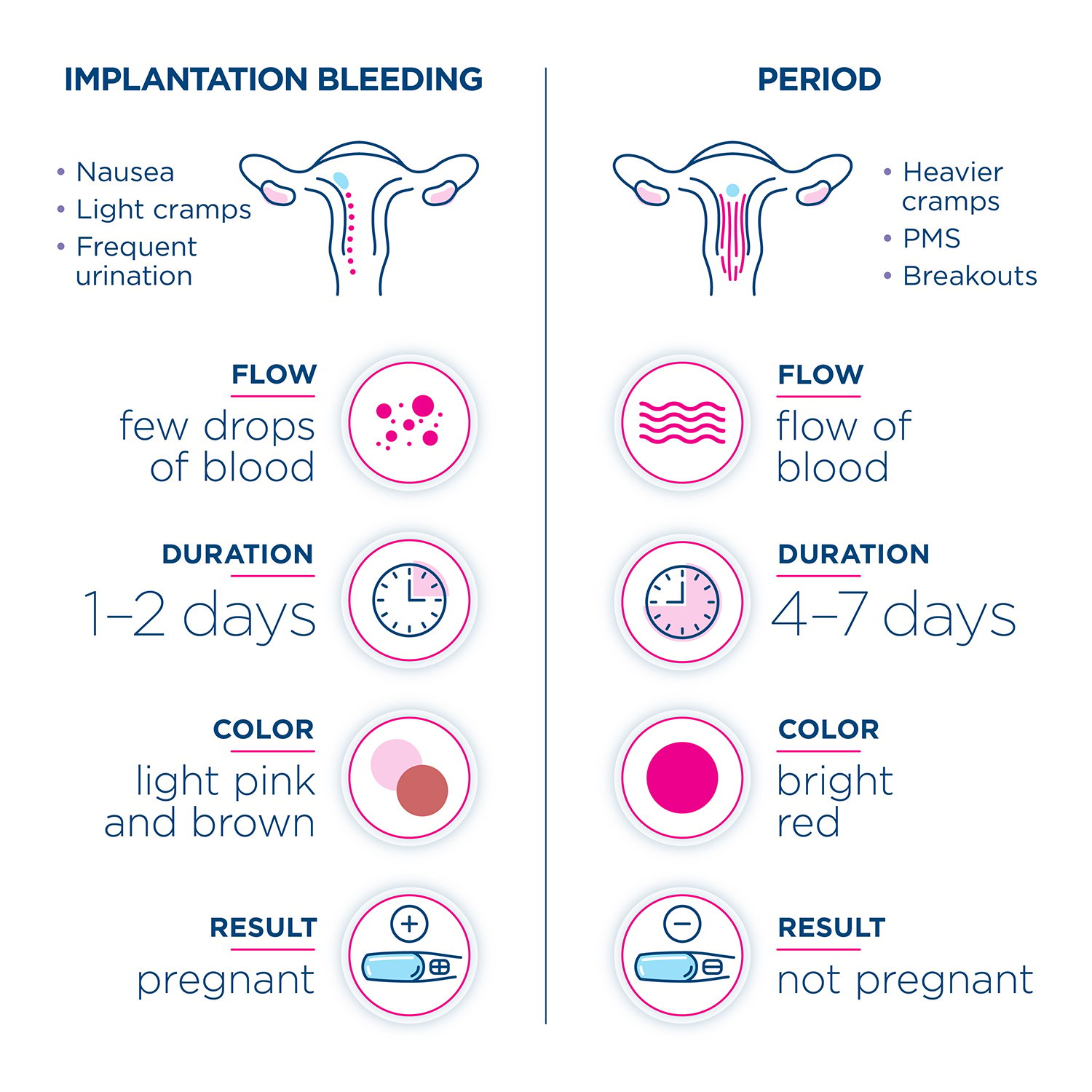
Period During Early Pregnancy: A Comprehensive Guide
Menstruation, the monthly shedding of the uterine lining, typically ceases during pregnancy. However, some women experience bleeding or spotting during early pregnancy, which can be a cause for concern. This article aims to provide a comprehensive understanding of period during early pregnancy, its causes, symptoms, and when to seek medical attention.
Causes of Period During Early Pregnancy
- Implantation bleeding: Around 10-14 days after conception, the fertilized egg implants into the uterine lining. This process can cause light bleeding or spotting, which usually lasts for a few hours or days.
- Hormonal changes: During pregnancy, the levels of the hormone progesterone increase significantly. This hormone helps maintain the uterine lining and prevent menstruation. However, in some cases, the levels of progesterone may not be high enough to completely suppress menstruation, leading to breakthrough bleeding.
- Cervical changes: The cervix undergoes changes during pregnancy, becoming softer and more vascularized. This can make it more prone to bleeding, especially during intercourse or pelvic exams.
- Subchorionic hematoma: This is a collection of blood that forms between the uterine wall and the placenta. It can cause vaginal bleeding or spotting, which may be accompanied by abdominal pain.
- Placental abruption: This is a serious condition in which the placenta separates from the uterine wall before the baby is born. It can cause heavy vaginal bleeding, abdominal pain, and contractions.
- Miscarriage: Bleeding during early pregnancy can be a sign of miscarriage. Other symptoms of miscarriage include abdominal pain, cramping, and tissue passing from the vagina.
Symptoms of Period During Early Pregnancy
The symptoms of period during early pregnancy can vary depending on the cause.
- Implantation bleeding: Light bleeding or spotting, usually lasting for a few hours or days.
- Hormonal changes: Breakthrough bleeding, which may be lighter or shorter than a regular period.
- Cervical changes: Spotting or bleeding after intercourse or pelvic exams.
- Subchorionic hematoma: Vaginal bleeding or spotting, which may be accompanied by abdominal pain.
- Placental abruption: Heavy vaginal bleeding, abdominal pain, and contractions.
- Miscarriage: Bleeding, abdominal pain, cramping, and tissue passing from the vagina.
When to Seek Medical Attention
It is important to seek medical attention if you experience any of the following symptoms during early pregnancy:
- Heavy vaginal bleeding
- Bleeding that lasts for more than a few days
- Bleeding accompanied by abdominal pain or cramping
- Bleeding that is accompanied by tissue passing from the vagina
- Any other symptoms that concern you
Diagnosis and Treatment
The diagnosis of period during early pregnancy is based on a physical exam, medical history, and ultrasound. Treatment will depend on the underlying cause.
- Implantation bleeding: No treatment is usually necessary.
- Hormonal changes: Treatment may include hormonal supplements to increase progesterone levels.
- Cervical changes: No treatment is usually necessary.
- Subchorionic hematoma: Treatment may include bed rest and monitoring.
- Placental abruption: Treatment may include hospitalization, bed rest, and medication to stop bleeding.
- Miscarriage: Treatment may include medication to manage pain and bleeding, and emotional support.
Prevention
There is no sure way to prevent period during early pregnancy. However, there are some things that may help reduce the risk, such as:
- Getting enough rest
- Eating a healthy diet
- Exercising regularly
- Managing stress
Conclusion
Period during early pregnancy can be a normal occurrence, but it is important to be aware of the potential causes and symptoms. If you experience any bleeding or spotting during early pregnancy, it is important to seek medical attention to rule out any underlying medical conditions. With proper diagnosis and treatment, most cases of period during early pregnancy can be managed effectively.